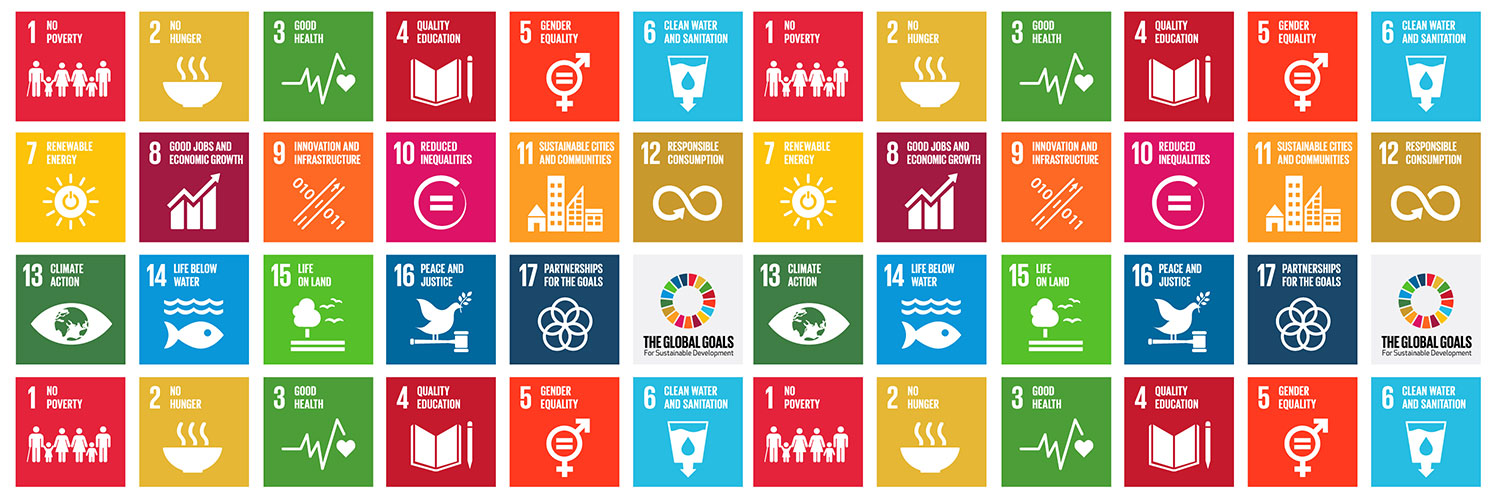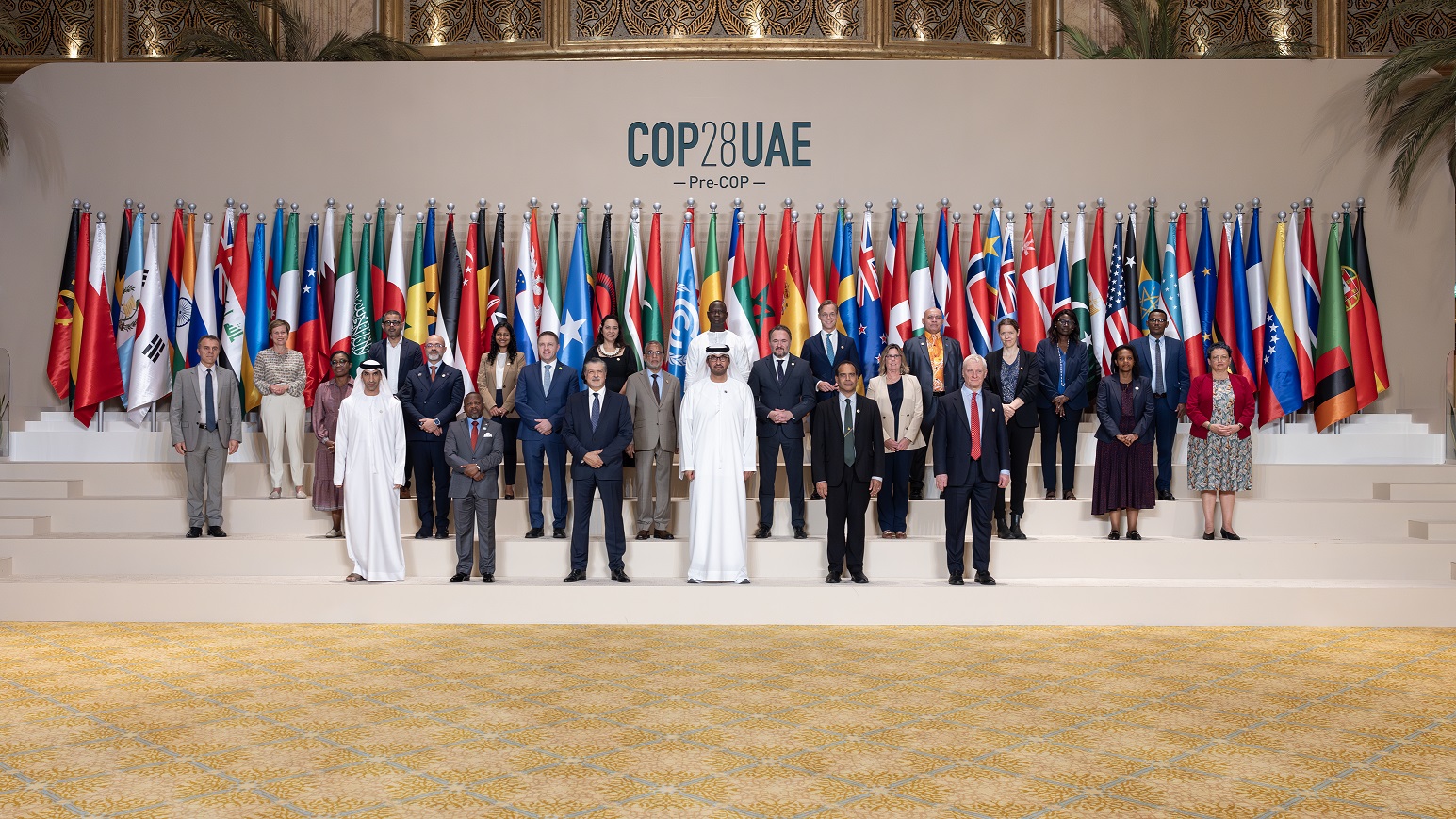The UN’s Sustainable Development Goals (SDGs) provide both an extraordinary chance and extraordinary challenge to society at the global, national and local level. If these goals are met, the pay-off is likely to be a higher level of wellbeing throughout the world, and a more sustainable planet. The immediate challenge is how to realise 17 goals with 169 underlying targets. Making it particularly daunting are the innumerable connections among the goals and targets; some are dependent on one another; others have potential trade-offs between them.
The roundtable meeting was intended to provide input to the UN High-level Political Forum on Sustainable Development in July 2018 and participants took a unique approach and concentrated not on the individual Sustainable Development Goals (SDGs) to be discussed at this UN Forum, but on their interlinkages and interactions. The discussion focused on how science and policy can cooperate to achieve the SDGs, in particular how they can work together to help identify the most important interactions among SDGs, minimise trade-offs among goals, and transform them to synergies to improve economic and social development.
The roundtable meeting aimed to:
- Sum up current knowledge about interlinkages among SDGs and where these interlinkages have an important effect on achieving the goals
- Review strategies for minimising trade-offs and maximising synergies among SDGs, including regulatory reforms and influencing human behaviour
- Review methods for further identifying critical interlinkages among SDGs
- Decide on priorities for research needed to better understand and act on critical interlinkages among SDGs
- Agree on important messages about SDG trade-offs and synergies to be conveyed to and discussed at the UN Forum in July, 2018
Additional information
Global Goals Mapping: The Environment-human Landscape (Sussex Sustainability Research Programme (SSRP))











